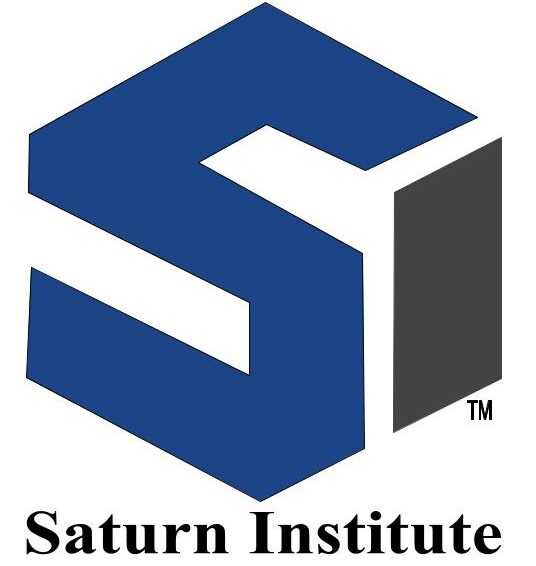The Saturn Institute, a respected organization known for its work in sustainable agriculture within local communities (encompassing academics, research, and technology), is now facing a challenge because a local community is becoming involved but lacks understanding of the food chain.
The situation presents both opportunities and potential difficulties. Here’s a breakdown of the possible implications and how the Saturn Institute might approach it:
Potential Challenges:
- Misconceptions and Misinformation: Without a solid understanding of the food chain, community members might have inaccurate ideas about food production, distribution, and consumption. This could lead to the spread of misinformation and resistance to evidence-based sustainable practices promoted by the Saturn Institute.
- Unrealistic Expectations: The community might have unrealistic expectations about the speed and scale of change in the local food system. They might not grasp the complexities involved in sustainable agriculture and the time it takes for new initiatives to yield results.
- Conflict of Priorities: The community’s immediate needs or desires might not align perfectly with the long-term sustainability goals of the Saturn Institute. This could lead to disagreements and hinder progress.
- Ineffective Participation: Without a basic understanding of the food chain, the community’s involvement might be less effective and could even inadvertently create obstacles. Their efforts might be misdirected or counterproductive.
- Increased Burden on the Saturn Institute: The institute might need to dedicate significant resources to educating the community, addressing misconceptions, and managing expectations, which could divert resources from their core research and technological development.
Opportunities:
- Increased Local Buy-in: If the community can be effectively educated and engaged, their involvement can lead to stronger local support for sustainable agriculture initiatives. This can translate to greater participation, adoption of new practices, and long-term success.
- Ground-Level Insights: Community members often possess valuable local knowledge and perspectives that can inform the Saturn Institute’s research and strategies. Their direct experience with the local environment and food system can be invaluable.
- Expanded Network and Resources: Community involvement can expand the Saturn Institute’s network and potentially bring in additional volunteers, resources, and funding opportunities.
- Building a More Resilient Food System: By educating and empowering the local community, the Saturn Institute can contribute to building a more resilient and locally controlled food system in the long run.
- Real-World Application and Feedback: Community involvement provides a real-world testing ground for the Saturn Institute’s research and technologies, offering valuable feedback and insights for refinement.
How the Saturn Institute Will Approach This:
- Education and Outreach: The institute should prioritize educational initiatives to build the community’s understanding of the food chain, sustainable agriculture principles, and the Saturn Institute’s work. This could involve workshops, presentations, farm visits, and accessible educational materials.
- Active Listening and Dialogue: The Saturn Institute should actively listen to the community’s concerns, questions, and perspectives. Open and respectful dialogue is crucial for building trust and understanding.
- Collaborative Projects: Involving the community in hands-on projects related to sustainable agriculture can be a powerful way to learn by doing and build practical understanding of the food chain.
- Clear Communication: The institute needs to clearly communicate its goals, methods, and the science behind its recommendations in a way that is accessible and understandable to the community.
- Start Small and Build Capacity: Instead of overwhelming the community with complex information, the institute could start with basic concepts and gradually build their understanding and capacity for involvement.
- Highlighting Local Relevance: Connecting sustainable agriculture practices to the community’s specific needs and interests (e.g., local food access, economic benefits, environmental health) can increase engagement.
- Patience and Long-Term Perspective: Building a knowledgeable and engaged community takes time and effort. The Saturn Institute needs to adopt a patient and long-term perspective.
In conclusion, the Saturn Institute faces a common challenge when working with new community members who may not have a background in agriculture or food systems. By proactively addressing the knowledge gap through education, open communication, and collaborative engagement, the institute can turn this potential challenge into a significant opportunity to strengthen local support for sustainable agriculture and build a more resilient food future.


